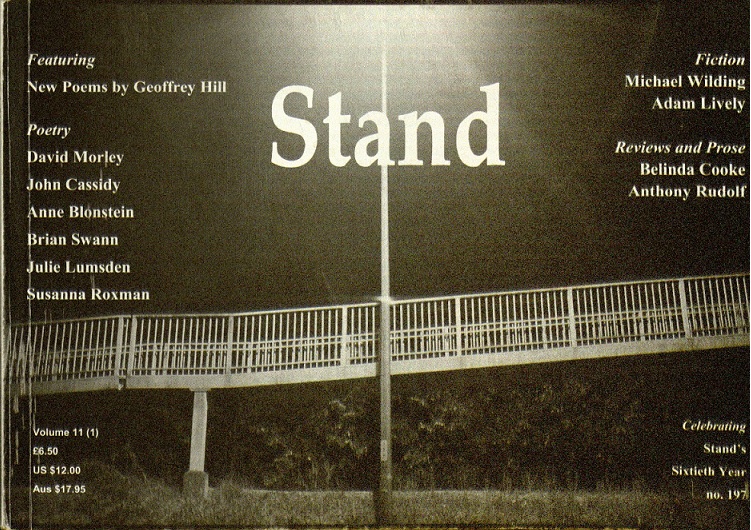
The author, a neuroscientist, rejects the commonly-accepted notion that science has nothing to say about morality. He argues that the aim of all moral laws is to increase the well-being of conscious creatures, but that most moral codes do so very inefficiently. He thus rejects the idea that all cultures are equally good at ensuring the well-being of their members. Compulsory veiling or the tradition of vendetta in Albania are poor systems of belief which decrease general happiness. The practice of corporal punishment is one which is less clear, and which is open to scientific investigation.
Religion however extends the concept of “well-being” to include the well-being of god and/or well-being in a life after death. Suffering in this world is balanced against the prospect of an eternity in heaven. A side-theme of the book is a critique of religions. Harris has no aptitude for the sublime or esoteric. He ignores the label ‘religion’ and treats it as a belief system on a level with beliefs about ordinary objects in the world we inhabit. It irritates him immensely that there are rational people who are prepared to profess faith in all kinds of nonsense once it is wrapped in the package of their religion. Their critical sensors give diplomatic immunity to statements stamped with ‘relgious belief’ on them.
The prose style of the book is easily accessible yet draws on high-powered concepts. The author has ambitions of his ideas making a direct impact. This optimistic and uncondescending tone is generally missing from popular science books. Even Dawkins’ books read like propaganda in comparison. Harris writes in places like a philosopher from the Age of Reason. Here he discuss the possibility of a source of morality which is disconnected from considerations of well-being:
Another difficulty in trying to gauge well-being is rooted in what Harris terms the distinction between the experiencing self and the remembering self. You can go on holidays to Rome and have a stressful time in the sweaty heat, or to Hawaii, where you relax on the beach. The experiencing self finds the holiday in Hawaii much more pleasant. But a year later the holiday in Rome is recalled as being immensely pleasurable.
This anecdotal illustration can be analysed by statistics and neuroscience, and conclusions reached about the nature of well-being.
It’s a provocative read. More a clearing of the air than a foundation for a new ethics.
… the underlying claim is that while science is the best authority on the workings of the physical universe, religion is the best authority on meaning, values, morality, and the good life. I hope to persuade you that this is not only untrue, it could not possibly be true.




 Valancourt The Viaduct reissue
Valancourt The Viaduct reissue .
. Irish Times Q+A
Irish Times Q+A